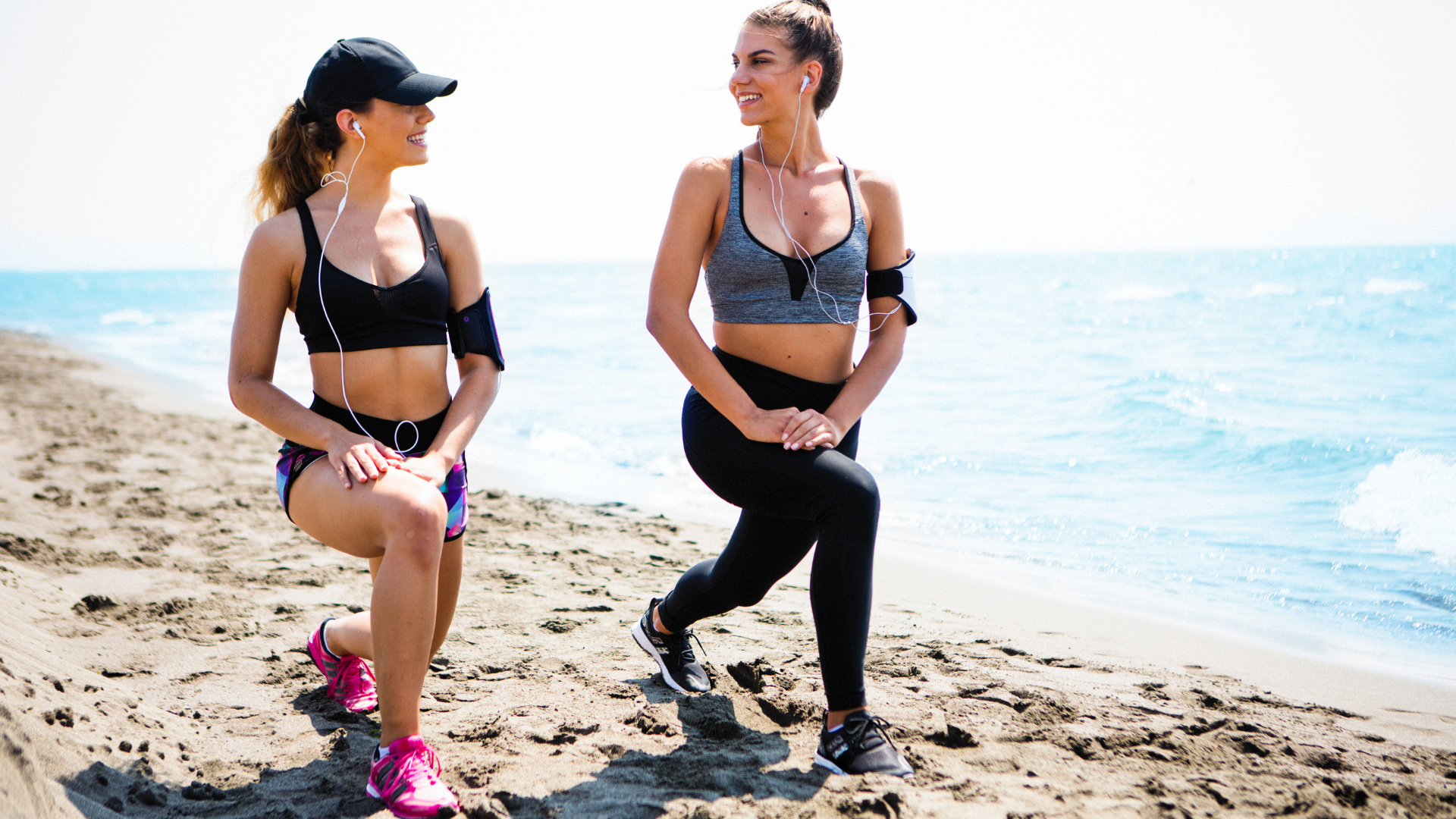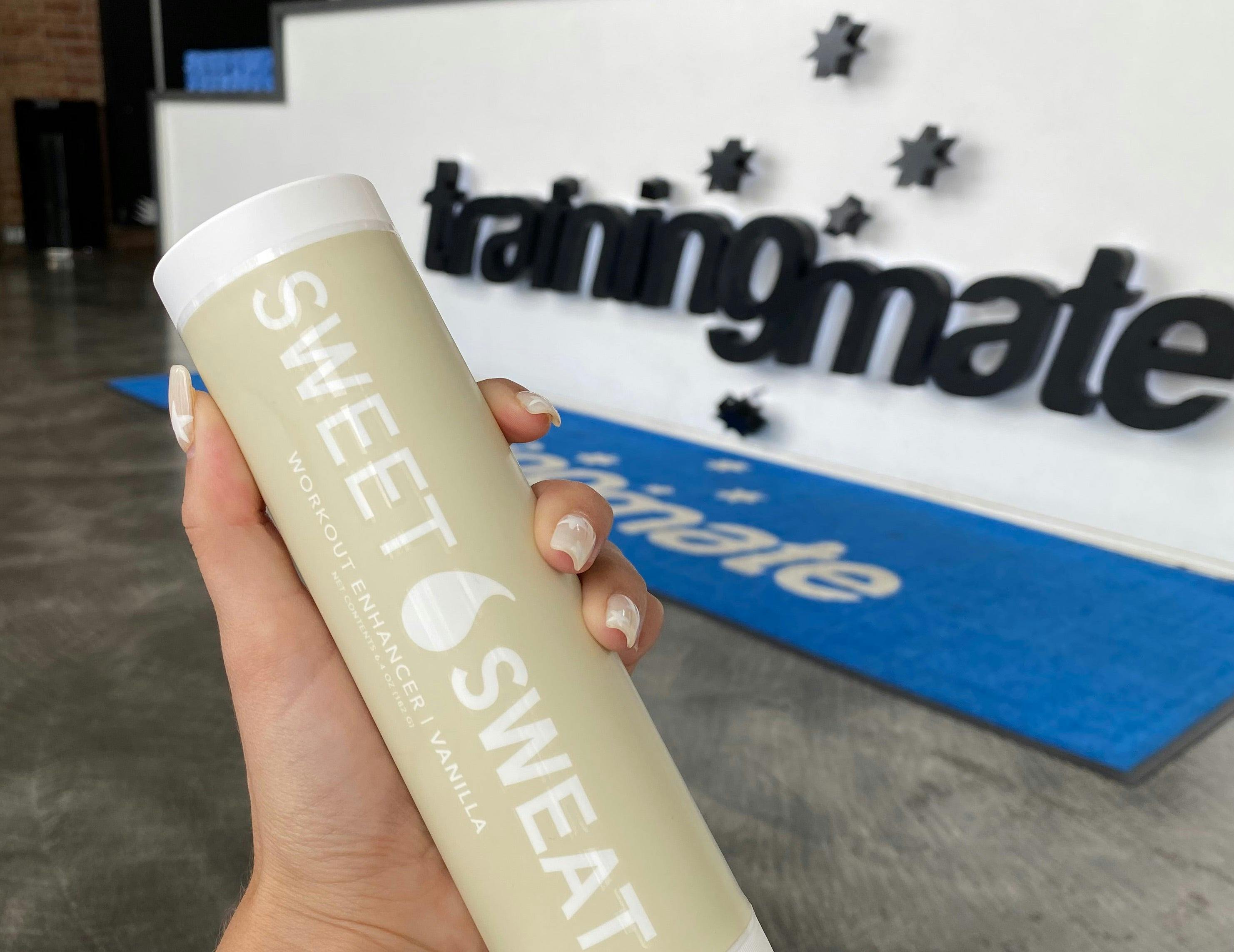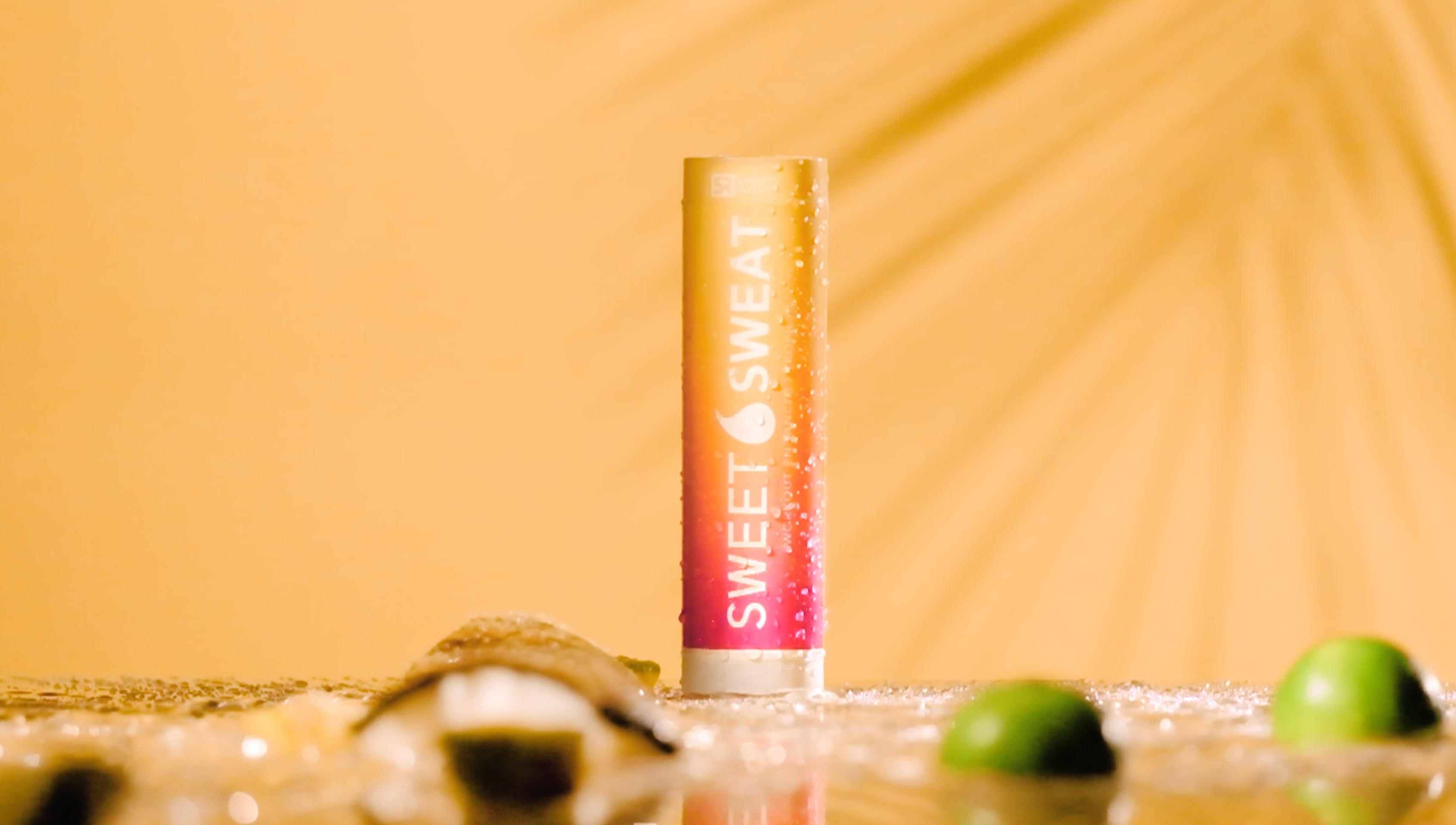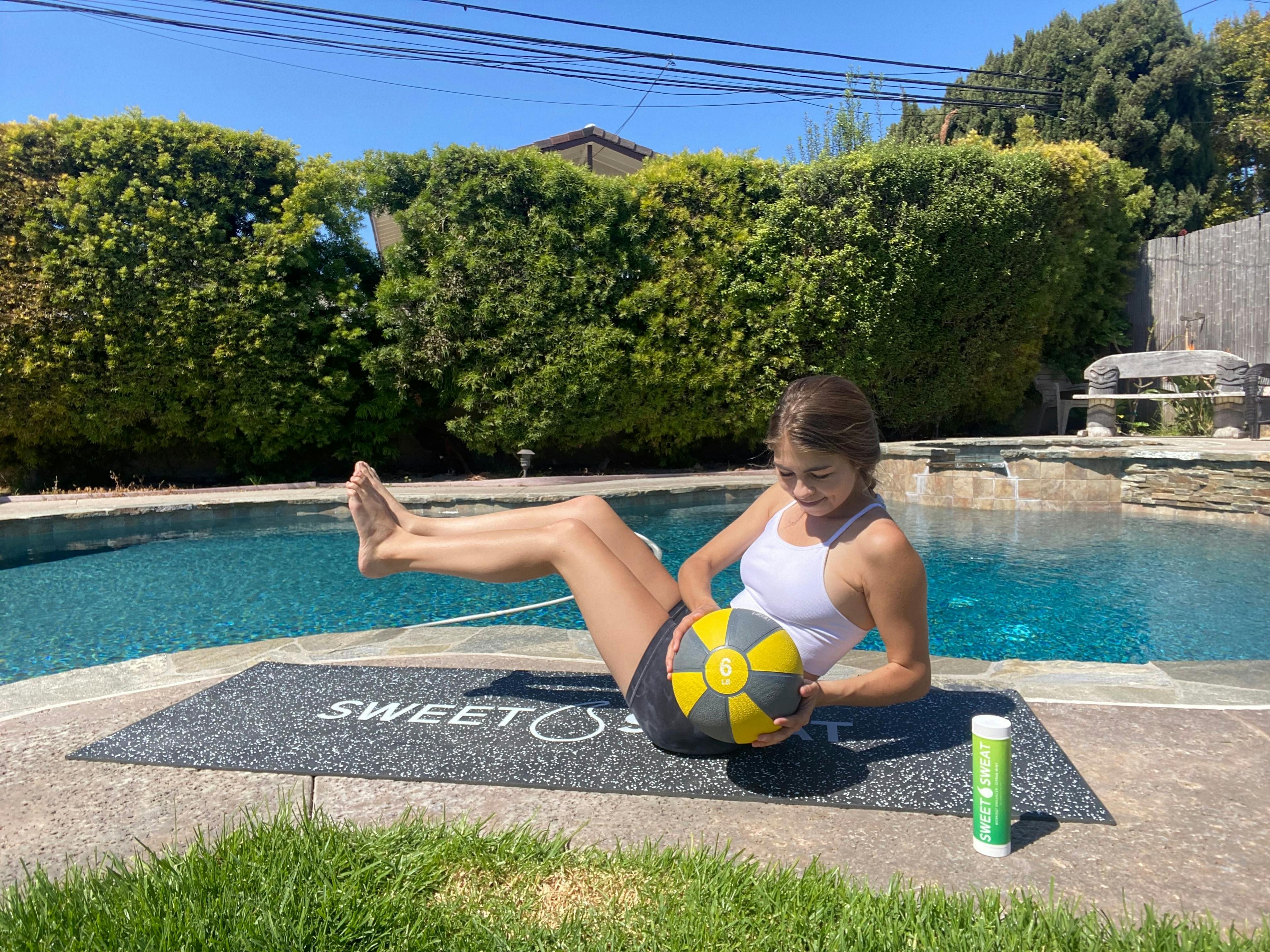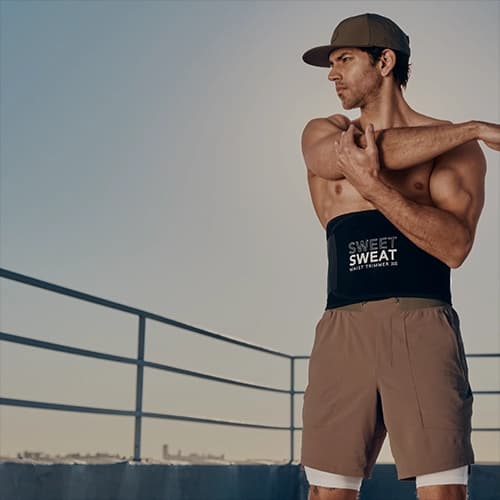What is HITT and LISS Training?

We’ve all heard of HIIT—high-intensity interval training that took the world by storm a decade or so ago. But HIIT may have some competition in the fitness world’s latest obsession—LISS.
What is LISS?
‘LISS” stands for low-intensity steady-state— and though the acronym is fairly new, the concept is not. ‘
Other names for this type of workout include steady-state training, continuous cardiovascular exercise, and long slow distance training. They all refer to a type of cardio in which one performs an aerobic exercise (think running, swimming, or cycling) for a continuous and typically longer period of time.
That said, how do you know which is right for you?
If you’re short on time or get bored easily, try HIIT.
HIIT is famously known for its short bursts of intensity. This means that it only requires 45 minutes (or less) of focused energy—which flies by with the constant changes in movement.
If you’re prone to boredom or can only fit a workout in during your lunch break, HIIT might be better for you.
Try this short 20-minute recovery meal.

If you like routine, try LISS.
Since the recovery time is much shorter than HIIT, you can do a LISS workout daily. So, if you crave routine— then you may prefer LISS training.
However, if you decide to do cardio every day—make sure you’re staying hydrated to support those faster recoveries. Mix a scoop of Post Sweat into your blender bottle to get all the hydration and supplements you need to enjoy LISS regularly.
If your goal is muscle tone, try HIIT.
Because HIIT requires some resistance training, it can maintain or even slightly improve your muscle tone. You should also only do HIIT 3xs a week, which gives you time to weight train on the other days.
Not sure what resistance training is right for you? Check out this article to get started.

If you’re a beginner, try LISS.
LISS training is pretty straightforward. You run, or swim, or cycle, or stair-step for an hour or so—and that’s it. A single motion that you’ve probably known how to do for decades.
HIIT often requires complex movements that are form-dependent. So, if you’re new to the fitness game—first, welcome! Second, LISS can help you develop your fitness foundation before advancing to more complicated workouts.
Also, if you’re a pro, try LISS.
For seasoned athletes who desire more on their active recovery days, a LISS session may be calling your name. By performing a lower intensity workout on these days, you can boost your blood flow and therefore shorten your recovery time without causing further muscle damage.
This means that—yes! You can do both! HIIT and LISS are both fantastic ways to get in shape, and it doesn’t have to be a competition. Do whatever gets you moving.
This article was written by Melissa Pelowski. Interested in writing for us too? Email your pitch to submissions@sportsresearch.com for consideration.
